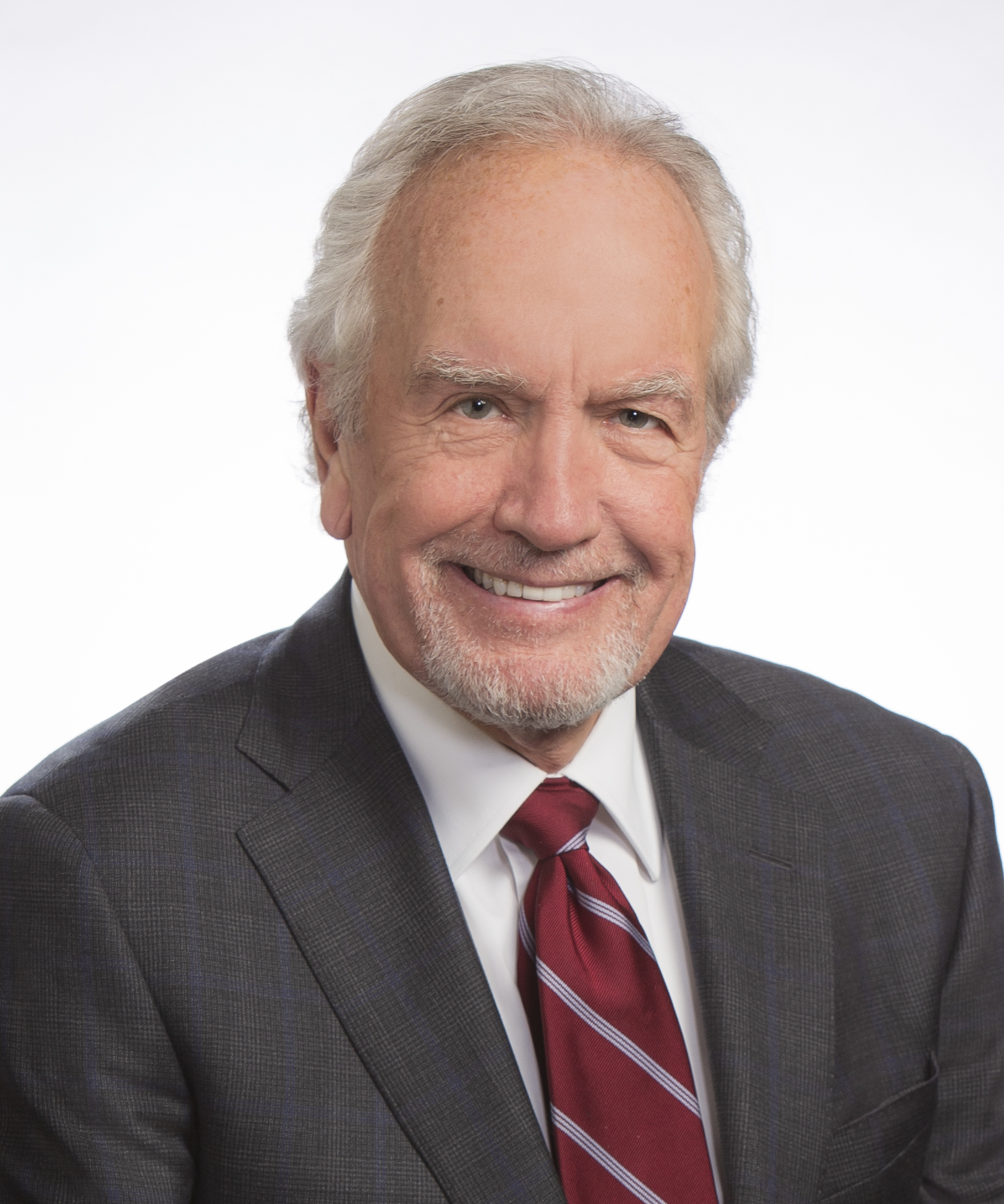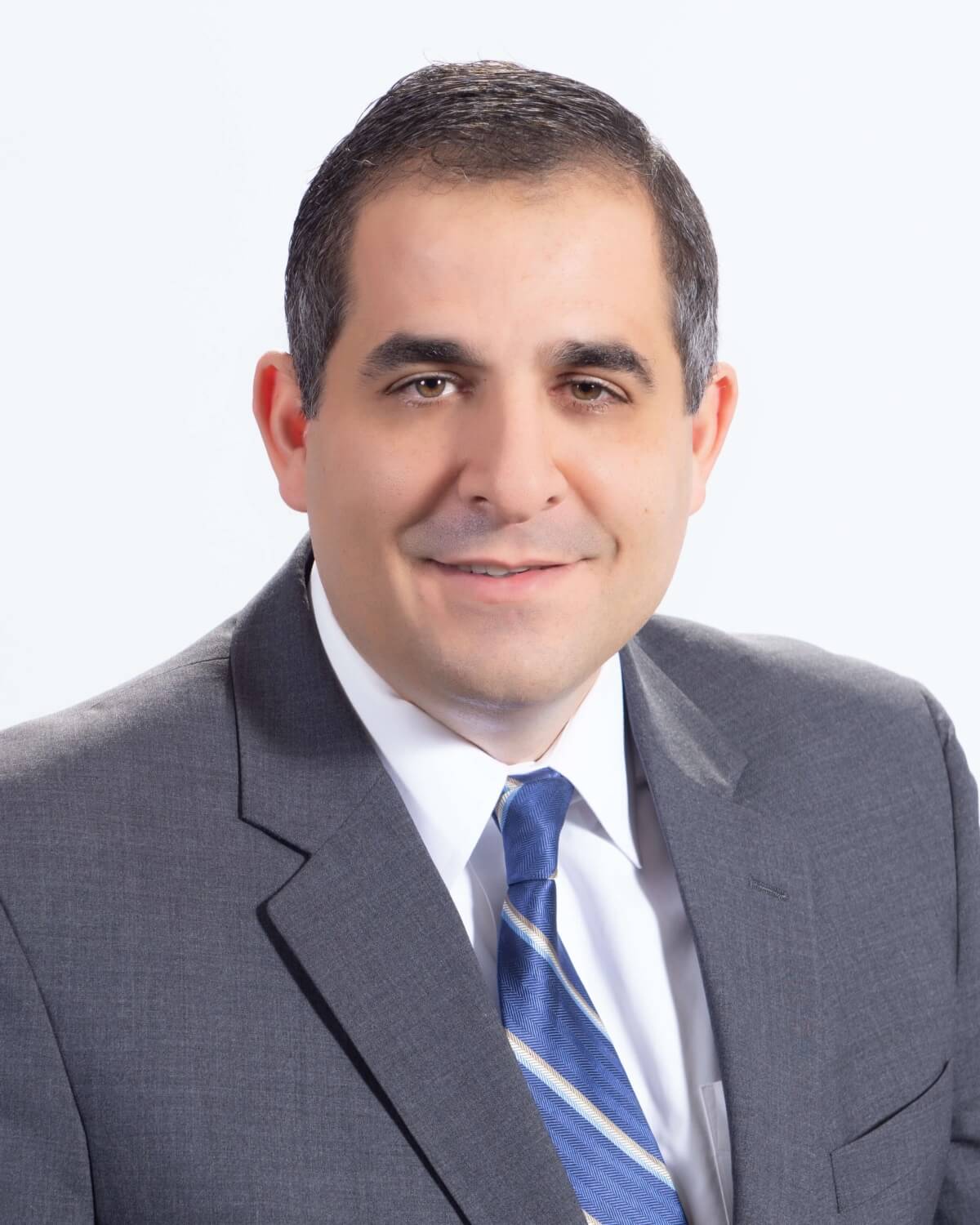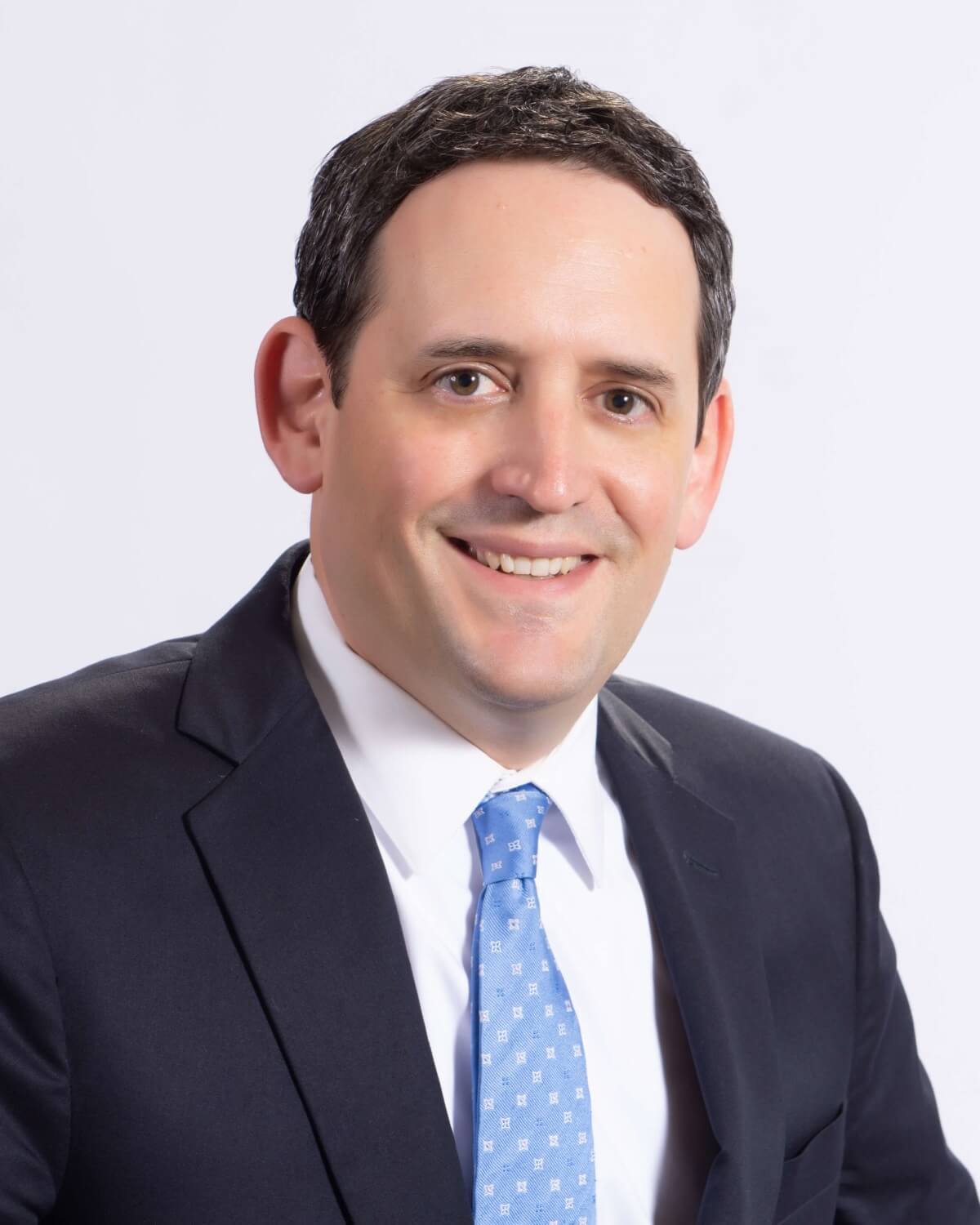KHVPF Insight

U.S. Supreme Court Finds Free Speech Exception to Anti-Discrimination Laws
In several contexts over the last decade, several companies and individuals have filed legal claims or raised defenses that assert they have constitutional rights to discriminate. In Masterpiece Cakeshop v. Colorado Civil Rights Commission, for instance, a wedding cake designer was accused of violating Colorado’s anti-discrimination law after he refused to design and bake a cake that he knew would be used at a same-sex wedding. The baker claimed that he would make any other cake for an LGBT individual, but that he had the First Amendment right to free speech and the free exercise of his religion to not associate with same-sex weddings. The Court largely dodged the central issue in the case—the tension between constitutional rights and anti-discrimination laws—deciding the case on narrow grounds that had no impact outside the parties to that litigation.
This past term, however, the Supreme Court answered the central question in 303 Creative LLC v. Elenis. In Elenis, the plaintiff was a graphic design company that wanted to expand her business to create wedding websites. Its owner worried that Colorado would use the anti-discrimination law to compel her to make wedding websites that she does not endorse. So she sued Colorado seeking a ruling that the state could not force her to create websites celebrating marriages that defy her religious beliefs. Colorado argued that it had a compelling interest to prohibit discrimination against LGBT individuals. To Colorado, its law merely required 303 Creative to offer the same products equally to same- and opposite-sex couples.
The Court ruled for 303 Creative and held that Colorado could not use its anti-discrimination law to compel 303 Creative to endorse or say something with which it disagrees. The decision turned on the difference between “an ordinary commercial product” versus a “customized and tailored” product. In other words, if 303 Creative was merely offering a generalized product, like a standard generic wedding card for instance, then the Company would have to sell that card to all persons without discriminating on a protected characteristic, no matter if the Company agreed with the lifestyle of the purchaser. But the Court found the product that 303 Creative intended to offer—customizable websites—to be unique, original, and creative. 303 Creative intended to vet each prospective couple to determine whether it was a union she would endorse, learning their unique story, and producing a final product that was more like an “original artwork.”
The dissent, written by Justice Sotomayor, emphasized that the Court’s holding was the “first time in history” that a business was granted a constitutional right to refuse to serve members of a protected class. Justice Sotomayor called the decision “heartbreaking”—part of the “backlash” to the movement for liberty and equality for gender and sexual minorities. She then recited the histories of anti-discrimination public accommodation laws, the struggle for LGBT rights, and the Civil Rights Act of 1964. She cited Supreme Court precedent where the Court had rejected similar claims, including constitutional claims of a take-out service seeking to serve Black patrons at a separate counter (Katzenbach v. McClung) and the owner of a drive-in establishment who sought to avoid racial integration in any way that violated his religious liberty (Newman v. Piggie Park Enterprises). To the dissenting justices, the website product at issue in the case was easily interchangeable and should have been offered equally to customers regardless of their sexual orientation.
Currently, there are several lawsuits working their way up the federal courts where employers are claiming a constitutional exception to Title VII of the 1964 Civil Rights Act to not associate with or treat LGBT employees differently on the basis of the employers’ religious beliefs. It remains to be seen whether the Court’s holding in 303 Creative will influence those cases. On the one hand, the Court’s holding is limited to speech and products that are artistic, unique, and require customization. But the dissent warns that the logic of 303 Creative cannot be so limited and the consequences could extend to other areas of the anti-discrimination laws and other forms of discrimination. For instance, if 303 Creative can deny a website design to a same-sex couple based on the owner’s religious belief, then it follows that an owner who disagrees with interracial marriage or disagrees with a disabled couple having a child could avoid doing business with those people based on their protected characteristics. We will continue to monitor developments in this area of law.
A version of this Article appeared in the State Bar of Michigan Labor and Employment Law Section’s Winter 2024 Lawnotes.





